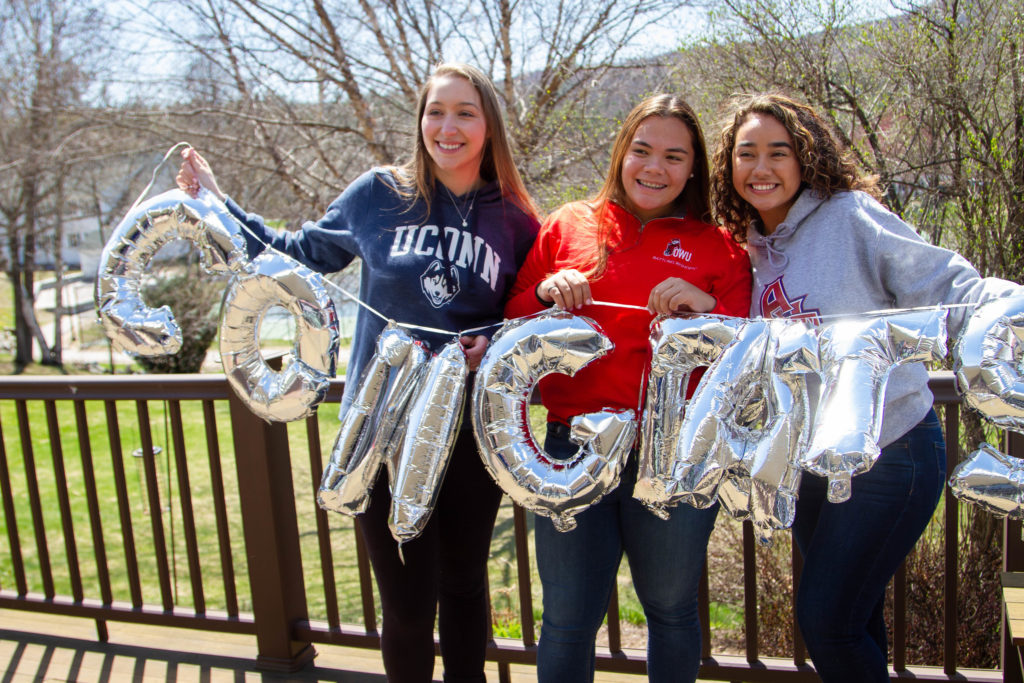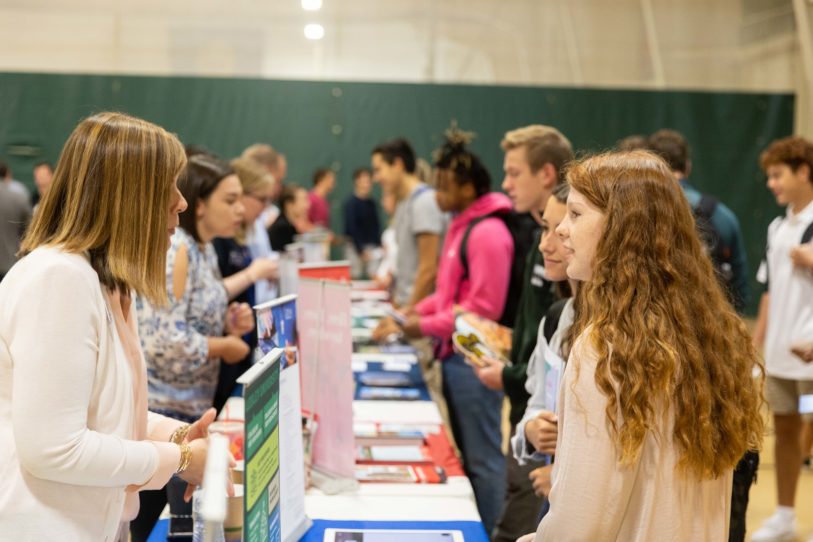To say 2020 was not your typical year would be an understatement and it was especially noticeable in the college admission world. Many students were learning remotely, college visits were almost all virtual, and standardized test sites were constantly closing, leaving thousands of students unable to the exam. Throughout all of that uncertainty, seniors were dealing with the stress that comes from a global pandemic, constantly worrying about their family members’ safety, so it was no surprise that the college process this fall was wrought with anxiety. And now it’s the season where seniors have to dread the constant question… “So, where did you get in?”
Right now, thousands of students across the country hear the results of the early decision and early action college applications. For some, the holidays will be a little bit merrier. For others, it may be a time of self-doubt and sadness, compounded with a frenzy to submit regular decision applications. With all of the stress of the year weighing down on seniors, even if they receive good news, their reactions may not always be predictable, as their choices expand and retract.
There are many ways we can support students through this process, even when we, too, are feeling the crunch of it all. Parents frequently ask, what more could we have done? How can I help my student now? Here are a few tips to get through winter break together.

Let them determine when and where to read the decision.
If your student is receiving college news over break, let them check it in a quiet space for themselves. This is their process and they may need privacy and space to process their news. Allow them the time they need to let the news sink in.
Take cues from your student when they want to talk.
College news can be exciting, but don’t let it consume your vacation conversation with friends and family. Winter break is an opportunity for your student to step away from school and the college process. Take your cues from them. If they are eager to talk, jump right in. If they are quiet and hesitant to discuss college decisions, let them sit with their plans. Students are often terrified of disappointing their parents in this process. Planning a fun family event may be just the distraction they need to take their mind off of college decisions.
Avoid family discussions around the “what ifs”.
Many families will want to dissect the rationale behind a decision. “If he had only done this…”. There are so many “what ifs” but the reality is the college admission process at many places is highly selective and schools consider a number of factors. Applications are competitive and decisions are made by committees so there is no way of knowing the reason behind a decision. This can be even more difficult this year knowing that students might not have submitted test scores or had a chance to show their interest in a school by visiting. Know that colleges understand the restraints facing students in this pandemic and are not using those metrics in evaluating applications.

Don’t play favorites with your student’s choices.
There are so many variables to the college process and your student’s path to their final choice. One unintentional disparaging remark about a particular school and complicate the narrative and challenge their process. Avoid passing judgment on schools and allow the process to unfold fully for your student. Their final choice should reflect what’s best for them after they consider all the options, rather than basing their decision on what they think someone else wants them to do.
Allow time for an informed decision.
While more and more students receive college news early, many still have until May to make their final choices. Allow time for students to process all of their news and consider the merits of each school with as much information as possible. Hopefully, colleges will be in a position to allow seniors to visit their top choices in the spring.
Trust the process.
Although the stakes can seem abnormally high, as initial college news continues to come in, trust the process and know that your student likely shares similar sentiments to you, though they may not express it. The holiday downtime is an essential break for your student to regroup. Soon, they’ll return to the spring semester refreshed and ready to close out the year at their best, whether or not their college choices have been determined. Wishing everyone in the New Hampton School community a healthy and happy holiday.
Thank you to Maggie Gilman, Director of College Counseling, for preparing these helpful tips for our school community. For additional topics on college counseling, visit this page.




